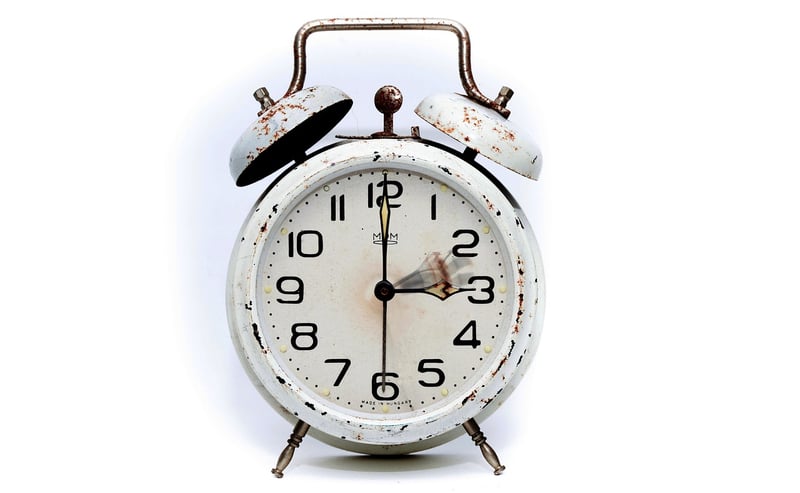Temporal Paradoxes
Mechanisms for Time Travel and Temporal Paradoxes
Introduction to Time Travel
Time travel has long been a fascinating concept in science fiction, allowing characters to journey to the past or future. While it remains theoretical in reality, various mechanisms have been proposed to explain how time travel could potentially occur.
Mechanisms for Time Travel
1. Wormholes
One popular idea for time travel involves using wormholes, theoretical passages through spacetime that could create shortcuts for long journeys. By manipulating these wormholes, it might be possible to traverse both space and time.
2. Time Machines
Concepts of time machines, like those in H.G. Wells' "The Time Machine," suggest the creation of devices that can transport individuals through time. While these machines are purely speculative, they capture the imagination of many.
3. Time Dilation
According to Einstein's theory of relativity, time dilation occurs when an object travels at speeds approaching the speed of light. This effect could theoretically allow for time travel to the future, as time would move slower for the traveler.
Temporal Paradoxes
1. Grandfather Paradox
The grandfather paradox is a classic time travel dilemma where a person travels back in time and prevents their grandparents from meeting. This action would result in the person never being born, leading to a paradoxical situation.
2. Bootstrap Paradox
In the bootstrap paradox, an object or information is sent back in time in an infinite loop with no clear origin. This paradox raises questions about causality and the creation of an object without a beginning.
3. Predestination Paradox
The predestination paradox involves a sequence of events where a time traveler unknowingly becomes the cause of a past event, leading to a self-perpetuating loop with no clear origin or resolution.
Conclusion
Time travel and temporal paradoxes continue to captivate the human imagination, showcasing the complexities and mysteries of time itself. While the mechanisms for time travel remain theoretical, exploring these concepts allows for thought-provoking discussions on the nature of time and causality.


